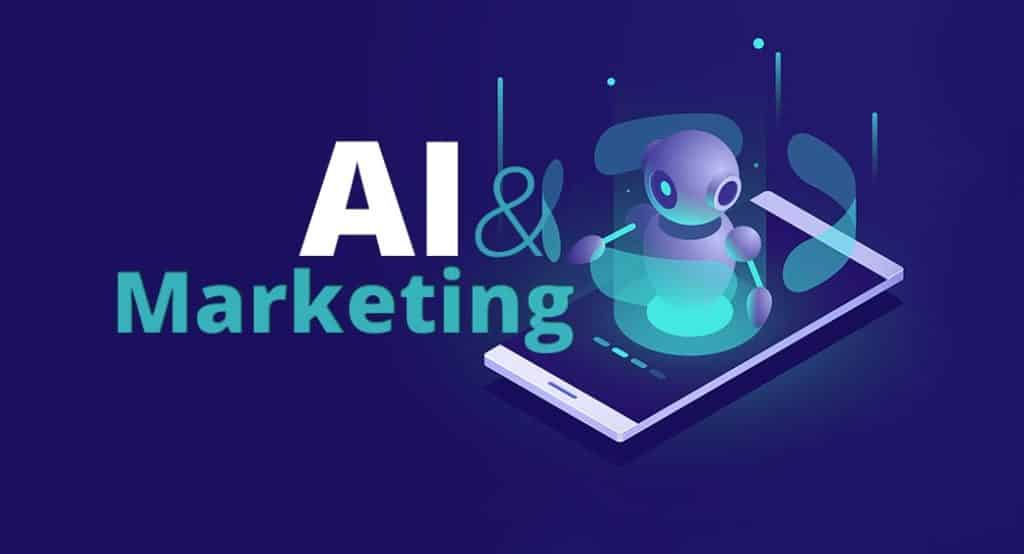In today’s fast-paced digital landscape, startups face the dual challenge of standing out in crowded markets and optimizing limited resources. Artificial Intelligence (AI) has emerged as a game-changer, offering innovative tools to enhance marketing strategies. From personalizing customer experiences to automating repetitive tasks, AI empowers startups to compete with established players without breaking the bank. This blog explores how AI improves marketing strategy for startups, backed by research, explains why startups must shift from traditional methods, and highlights five of the best AI-driven marketing strategies.
The Merits of AI in Marketing for Startups

AI’s transformative power lies in its ability to analyze vast amounts of data, predict trends, and deliver tailored solutions at scale. Here is how ai improves marketing strategy for startups.
- Enhanced Customer Insights: AI tools process consumer data—such as browsing habits, purchase history, and social media interactions—to uncover actionable insights. According to a 2023 Salesforce report, businesses using AI-driven analytics saw a 37% increase in customer satisfaction due to better-targeted campaigns.
- Cost Efficiency: Startups often operate on tight budgets. AI automates tasks like content creation, ad optimization, and customer segmentation, reducing the need for large teams. A McKinsey study found that AI can cut marketing costs by up to 30% while improving efficiency.
- Personalization at Scale: Consumers today expect tailored experiences. AI enables startups to deliver personalized emails, product recommendations, and ads. Research from Epsilon indicates that 80% of consumers are more likely to buy from brands offering personalized experiences.
- Improved ROI: AI optimizes ad spend by targeting the right audience at the right time. A 2024 HubSpot survey revealed that companies using AI in marketing saw a 20% higher return on investment compared to those relying solely on traditional methods.
- Speed and Scalability: AI processes data and executes campaigns faster than human teams, allowing startups to scale marketing efforts quickly as they grow.
Research Backing AI’s Impact
The evidence is clear: AI is no longer a luxury but a necessity. A 2023 Gartner report predicted that by 2025, 80% of marketing teams would rely on AI for at least one major function. Additionally, a study by the Boston Consulting Group (BCG) found that early adopters of AI in marketing achieved revenue growth 1.5 times higher than their peers over three years. These findings underscore AI’s potential to level the playing field for resource-strapped startups.
Why Startups Need to Shift from Traditional Methods to AI

Traditional marketing—think manual ad placements, broad demographic targeting, and static campaigns—can’t keep up with today’s dynamic consumer behavior. Here’s why startups must make the switch:
- Data Overload: Consumers generate massive amounts of data daily. Traditional methods struggle to process this volume, while AI thrives on it, turning raw data into actionable strategies.
- Competitive Edge: Established companies already leverage AI. Startups that stick to outdated methods risk falling behind, losing market share to more agile competitors.
- Consumer Expectations: Modern buyers demand instant, relevant engagement. Manual processes are too slow to meet these needs, whereas AI delivers real-time solutions.
- Resource Constraints: Startups lack the manpower and budget for extensive traditional campaigns. AI maximizes output with minimal input, making it ideal for lean operations.
- Adaptability: Markets shift rapidly, and traditional strategies often lag. AI’s predictive capabilities allow startups to anticipate trends and pivot quickly.
5 Best AI Marketing Strategies for Startups
Ready to harness AI? Here are five proven strategies to supercharge your startup’s marketing efforts:
- AI-Powered Content Creation
Tools like Jasper or Copy.ai generate blog posts, social media captions, and email drafts in minutes. These platforms use natural language processing (NLP) to mimic human writing styles, saving time while maintaining quality. For example, a startup can produce a month’s worth of content in a day, freeing up resources for other priorities. - Predictive Analytics for Targeting
Platforms like HubSpot and Salesforce Einstein analyze historical data to predict which leads are most likely to convert. This allows startups to focus ad spend on high-potential customers, boosting conversion rates. A startup selling eco-friendly products, for instance, could target environmentally conscious buyers with precision. - Chatbots for Customer Engagement
AI-driven chatbots, such as those from Drift or Intercom, provide 24/7 customer support and lead nurturing. They answer FAQs, recommend products, and collect data—all without human intervention. Research from Juniper shows chatbots could save businesses $8 billion annually by 2025, a boon for cash-strapped startups. - Dynamic Ad Optimization
Tools like Google Ads’ AI or AdCreative.ai automatically adjust ad copy, visuals, and targeting based on real-time performance. This ensures campaigns stay relevant and cost-effective. A startup launching a new app could use this to test multiple ad variations and scale the top performers instantly. - Sentiment Analysis for Brand Perception
AI tools like Brandwatch or Hootsuite Insights analyze social media and online mentions to gauge public sentiment. Startups can use this to refine messaging, address pain points, or capitalize on positive buzz. For example, a food delivery startup could tweak its strategy if AI detects complaints about delivery times.
Final Words
For startups, AI isn’t just a tool—it’s a lifeline. By leveraging its data-driven insights, automation capabilities, and scalability, founders can craft marketing strategies that rival those of industry giants. Research confirms AI’s ability to boost efficiency, engagement, and revenue, while the limitations of traditional methods highlight the urgency of adopting this technology. Whether it’s crafting content, targeting customers, or optimizing ads, the five strategies outlined above offer a roadmap to success. In 2025 and beyond, startups that embrace AI will not only survive but thrive in an increasingly competitive world.
Now you understand how ai improves marketing strategy for startups, and these ai tools will help you with project management.

